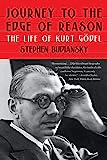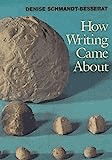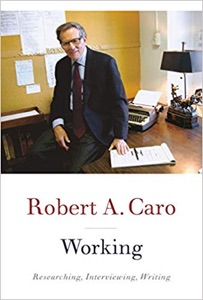by Stephen Budiansky
Gödel proved the completeness of first-order logic in his 1929 doctoral dissertation, handing it in to a surprised supervisor. Little more than a year later, at an August meeting in Vienna’s Café Reichstrat, he showed that first-order logic was undecidable — that some statements may be true but impossible to prove or disprove in finite time. These results are the foundation of computer science and delineate the computing world we know, but though Gödel sometimes wrote of “machines” as a metaphor for the mechanism of proof, he was not, then or later, much involved with the idea of computers. He was trying to establish the boundaries of what mathematics could do.
He was a ghastly lecturer, a poor teacher, and he chose his wife poorly. The rest of his career was fairly unproductive. Yet he was Einstein’s closest friend at Princeton, and the leaders of the Institute For Advanced Study worked hard to keep in on the staff. It’s an intriguing story, and Budiansky draws it well.





